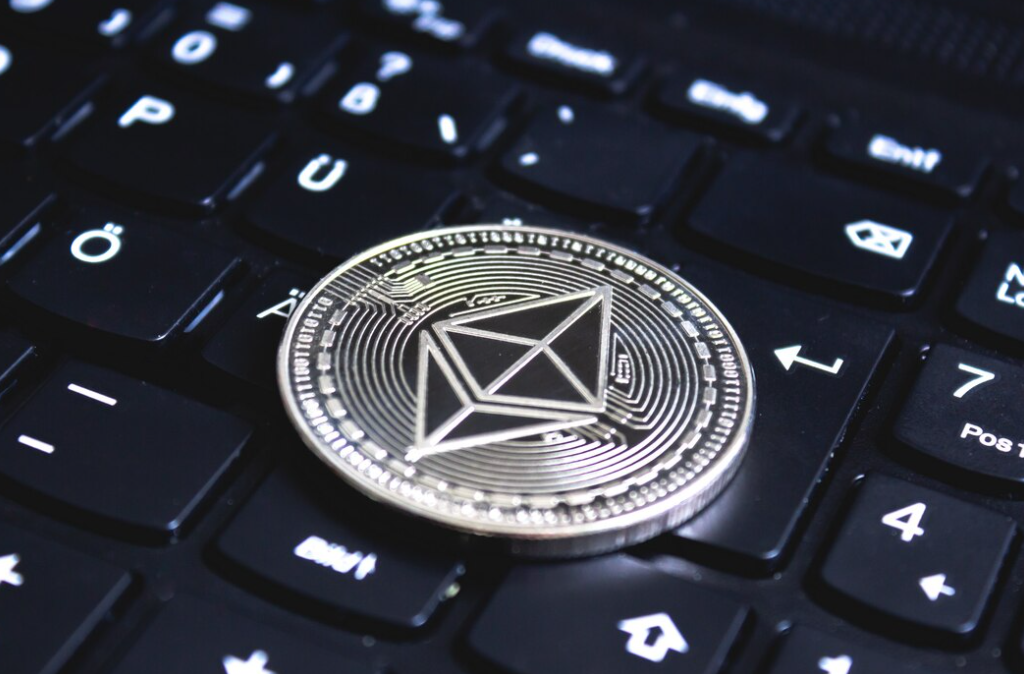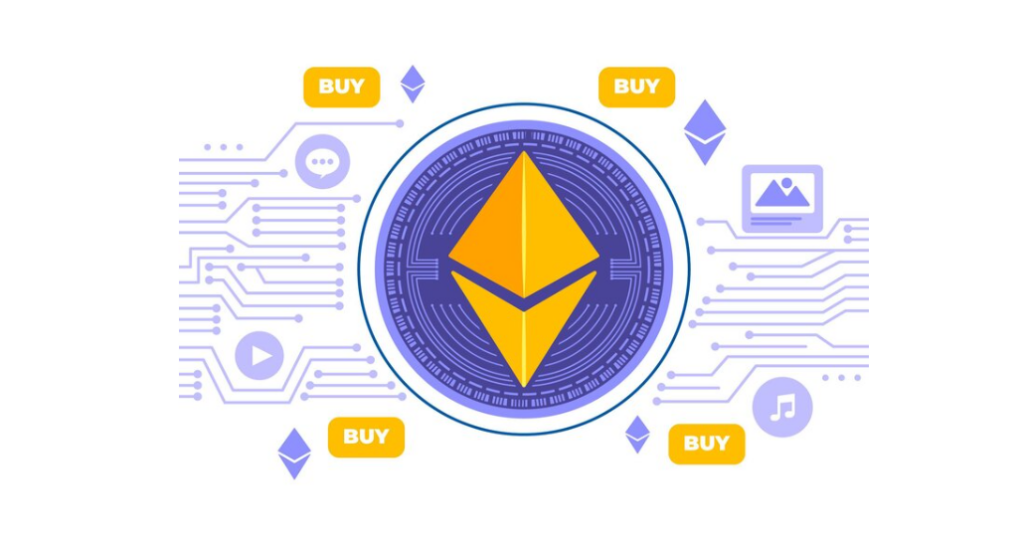TRC20 stands out as an innovative standard within the TRON blockchain, overseeing the development and implementation of smart contracts responsible for token creation and distribution. While reminiscent of Ethereum’s widely adopted ERC20 token standard, TRC20 tokens exclusively inhabit the TRON blockchain. Functioning as digital assets, these tokens harness the power of TRON’s blockchain technology, providing users with a secure and transparent platform for storing, transferring, and embodying value.
In exploring the theme of TRC-20 Blockchain, it is crucial to delve into specific implementations and technologies, such as the innovative concept of blockchain whisper, which plays a pivotal role in enhancing communication and privacy within the TRC-20 blockchain ecosystem.
What is TRC20?
TRC20 is a comprehensive protocol standard for smart contracts on the TRON blockchain network, facilitating the issuance and management of tokens within the TRON ecosystem. Similar to ERC20, the widely adopted standard in the Ethereum blockchain, TRC20 provides a foundational framework that ensures compatibility and functionality of tokens. These tokens serve as a digital representation of value, allowing for the secure, transparent transfer and storage of assets on the TRON network. The adoption of TRC20 is indicative of the expanding capabilities of blockchain technology in creating decentralized assets that can interact seamlessly within and across various platforms.
Features and Advantages of TRC20
- Enhanced Compatibility: TRC20 tokens assure seamless integration within the TRON ecosystem, fostering connectivity with diverse dApps, wallets, and exchanges for a dynamic token economy;
- Tailored Token Properties: The TRC20 protocol empowers developers to customize key attributes, such as name, symbol, total supply, and decimal points, aligning tokens precisely with project goals and user needs;
- Superior Transaction Capacity: TRON’s high-performance network supports a substantial number of transactions per second, making TRC20 tokens ideal for applications requiring rapid, high-volume transactions;
- Cost-Efficiency: The TRON network’s low transaction fees create a financially accessible environment for token transfers and smart contracts, catering to both users and developers;
- Robust Security Measures: TRC20 tokens benefit from the TRON blockchain’s security protocols, including the DPoS consensus algorithm, safeguarding against fraudulent activities for transaction integrity and safety.
Practical Deployment and Uses of TRC20 Tokens
The TRC20 token protocol is increasingly being utilized for a multitude of applications across the cryptocurrency ecosystem, such as:
- Digital Access Tokens: Projects across various sectors employ TRC20 tokens to grant users access to services or features within their decentralized applications. These tokens act as keys to unlock specific functionalities, ensuring efficient operation within the TRON network;
- Crowdfunding Initiatives: The TRC20 framework serves as a robust tool for crowdfunding, enabling startups and entrepreneurs to raise capital through Initial Coin Offerings (ICOs) by distributing tokens to prospective investors;
- Peer-to-Peer Trading Platforms: TRC20 tokens are integral to decentralized exchanges (DEXs), which rely on them for facilitating peer-to-peer trading activities, ensuring users transact securely and directly within the TRON ecosystem;
- Interactive Digital Economies: The entertainment and gaming sectors leverage TRC20 tokens to revolutionize in-game economies. They are used for player rewards and the creation of unique digital assets, which represent tangible value and ownership in virtual environments;
- Currency Pegged Assets: To enhance transactional stability and predictability on the TRON platform, certain projects issue stablecoins based on the TRC20 standard, aiming to couple the benefits of cryptocurrency with the stable value of traditional fiat currencies.
What Do TRC-20 Tokens Entail?
TRC-20 tokens stand as a pivotal standard within the TRON blockchain ecosystem, facilitating the implementation of smart contracts and the issuance of fungible tokens. This token standard mirrors the design principles of ERC-20 tokens but is uniquely tailored to operate exclusively on the TRON blockchain. Unlike their counterparts, TRC-20 tokens cannot be seamlessly transferred to alternative blockchain networks; their interaction with other platforms necessitates the use of bridges.
The significance of TRC-20 tokens extends beyond their structural framework. Within the TRON ecosystem, these tokens play a central role, collectively overseeing a market capitalization exceeding $1 billion at the present moment. On a daily basis, the trading volume for TRC-20 tokens surpasses $30 million, underscoring their active participation within the digital asset landscape.
An illustrative example of the ecosystem’s dynamism is the substantial movement of TRON USDT, averaging $20 billion within a 24-hour period across various exchanges and personal wallets. This stablecoin, minted on the TRON blockchain, operates seamlessly within the smart contract paradigm, embodying the essence of TRC-20 tokens. Beyond TRON USDT, the TRON blockchain hosts a diverse array of digital assets conforming to the TRC-20 standard, collectively contributing to the ecosystem’s vibrancy and robust trading activity.
However, for a comprehensive understanding, one must delve into the core concepts of TRON itself – its underlying principles, functionalities, and the broader significance of TRC-20 tokens within the realm of blockchain technology.
Token Standards and Their Role in Blockchain Ecosystems

Token standards serve as the bedrock of blockchain ecosystems, offering a crucial framework with predefined rules and specifications for the creation and interaction of digital tokens. These standards play a pivotal role in guaranteeing compatibility, consistency, and interoperability across diverse platforms. By doing so, they facilitate a seamless integration process and contribute to the widespread adoption of tokens, fostering a harmonious and interconnected blockchain ecosystem.
In the ever-expanding landscape of blockchain platforms, TRON has emerged as a prominent force in the realm of cryptocurrencies. Functioning as a decentralized platform, TRON seeks to revolutionize the entertainment industry by streamlining the sharing and distribution of digital assets. At the core of the TRON ecosystem lies the TRC-20 token standard.
TRC-20 stands as a technical benchmark dictating the creation and deployment of tokens on the TRON blockchain. Much like other token standards such as ERC-20 (Ethereum) and BEP-20 (Binance Smart Chain), TRC-20 offers a comprehensive set of rules and guidelines for developers. These guidelines empower developers to craft their own tokens within the TRON network, ensuring uniform compatibility, seamless integration, and robust interoperability within the TRON ecosystem.
The popularity of TRC-20 tokens is closely tied to the widespread adoption of the TRON blockchain and its vibrant community. TRON provides a high-performance and scalable infrastructure, facilitating swift and cost-effective transactions.
The TRC-20 standard meticulously outlines crucial functions and characteristics of tokens, encompassing the ability to transfer tokens, query token balances, and authorize token transfers on behalf of others. It further defines the events and interfaces imperative for smart contracts to implement to facilitate seamless token interactions. Adhering to these standards ensures that developers’ tokens align with existing infrastructure, fostering easy interaction with other TRC-20-compliant tokens and nurturing a dynamic token economy within the TRON ecosystem.
Token standards like TRC-20 serve as foundational elements for crafting an array of tokenized assets and applications on the blockchain. They empower the creation of utility tokens, security tokens, non-fungible tokens (NFTs), and various innovative digital assets representing ownership, access rights, or unique digital items. With TRC-20 tokens, developers gain the ability to tokenize real-world assets, devise decentralized finance (DeFi) protocols, or facilitate in-app purchases within gaming ecosystems, unlocking a myriad of possibilities within the TRON blockchain landscape.
Features and Advantages of TRC-20 Tokens
In the realm of blockchain technology, TRC-20 tokens stand out with their distinctive features and multifaceted benefits, shaping a dynamic landscape for digital assets. Explore the key attributes that make TRC-20 tokens a preferred choice in the blockchain ecosystem:
Seamless Compatibility and Interoperability:
TRC-20 tokens are meticulously crafted for full compatibility within the existing infrastructure of the TRON blockchain. This design allows them to seamlessly integrate with TRON wallets, exchanges, and decentralized applications (DApps). As a result, users experience smooth token transfers and interactions. This innate compatibility and interoperability contribute to the widespread accessibility and adoption of TRC-20 tokens across diverse platforms and services within the expansive TRON ecosystem.
Efficiency and Scalability:
Leveraging the high-performance capabilities of the TRON blockchain, TRC-20 tokens benefit from a delegated proof-of-stake (DPoS) consensus mechanism. This ensures swift transaction confirmation times and high throughput, even during periods of network congestion. The efficiency and scalability inherent to TRC-20 tokens make them well-suited for real-time applications and high-volume transactions, providing a seamless experience for users engaging with these tokens.
Flexibility through Smart Contracts:
TRC-20 tokens harness the power of smart contracts on the TRON blockchain. Smart contracts, acting as self-executing agreements, automatically enforce encoded terms and conditions. Developers can utilize TRC-20 to create smart contracts governing token behavior, facilitating advanced token management, automated transactions, and intricate token interactions. This flexibility empowers developers to craft innovative decentralized applications and token-based solutions with the agility and functionality provided by TRC-20 tokens.
Token Standardization for Consistency:
The TRC-20 token standard establishes a set of predefined rules and guidelines for token creation on the TRON blockchain. This standardization ensures consistency and uniformity across all TRC-20 tokens, making them easily recognizable and compatible with various wallets and services. By simplifying token integration, standardization fosters a robust token economy, providing a common framework for developers and users to interact seamlessly with TRC-20 tokens.
What is a TRC-20 Wallet?

A TRC-20 wallet is a software application crafted to securely store, manage, and engage with TRC-20 tokens within the TRON blockchain ecosystem. These wallets offer a secure and user-friendly avenue for users to access and oversee their TRC-20 tokens, facilitating actions such as sending, receiving, and monitoring token balances.
Specifically designed to accommodate the distinctive features of TRC-20 tokens, these wallets incorporate functionalities intended to enhance the overall user experience in dealing with TRC-20 tokens.
- Token Management: TRC-20 wallets present an intuitive interface for users to effortlessly view and manage their TRC-20 token holdings. Users can readily check their token balances, scrutinize transaction histories, and access vital information about each token, including symbols, total supply, and contract addresses;
- Secure Storage: Emphasizing the security of users’ assets, TRC-20 wallets employ advanced cryptographic methods to safeguard private keys. This ensures that only the owner of the wallet can access their funds. Some wallets go further by incorporating additional security features like multi-factor authentication, biometric authentication, or integration with hardware wallets, providing an extra layer of protection;
- Transaction Handling: TRC-20 wallets streamline the process of initiating token transfers. Users can effortlessly specify the recipient’s address, the token amount to be sent, and any other necessary transaction details dictated by the smart contract governing the token. The wallet takes on the responsibility of creating the transaction, digitally signing it with the user’s private key, and broadcasting it to the TRON network for processing;
- Integration with DApps and Exchanges: Many TRC-20 wallets seamlessly integrate with decentralized applications (DApps) and exchanges operating on the TRON blockchain. This integration empowers users to interact with DApps and trade TRC-20 tokens directly from their wallets. This eliminates the need for manual transfers, providing a streamlined and efficient user experience.
Conclusion
In conclusion, the TRC20 blockchain standard forms the backbone of TRON’s thriving digital ecosystem. Its versatility, scalability, and security make it a preferred choice for developers and entrepreneurs looking to create robust, reliable, cost-effective projects. As the trajectory of the crypto sector scales upward, TRC20’s influence is expected to expand, cementing its role in redefining the functionalities within the blockchain universe.